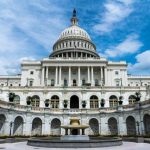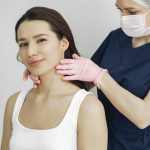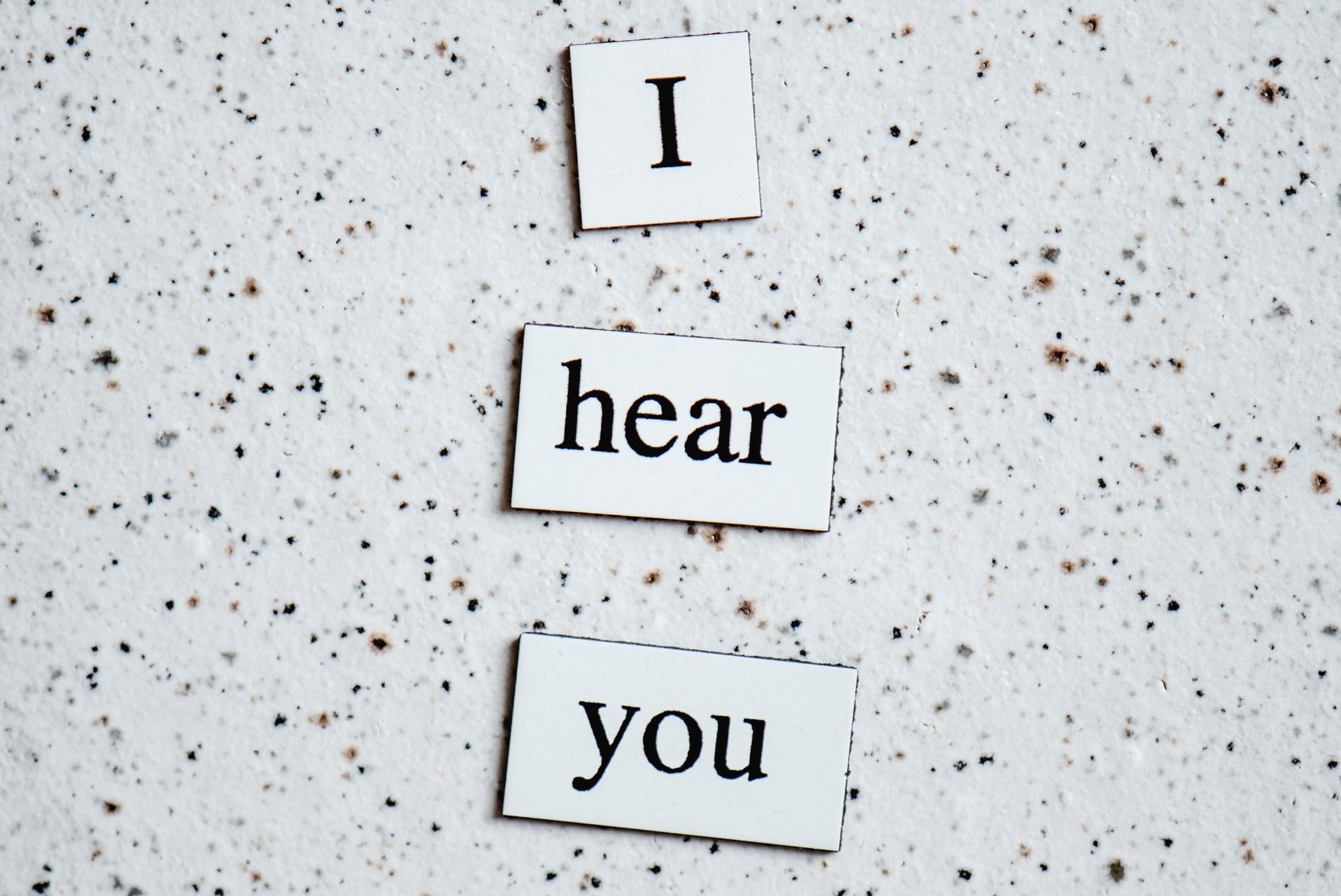
People don’t often give the subject of hearing loss much thought until it happens. Hearing loss is thought of as a condition for those in old age, or something that occurs for no apparent reason.
Whilst this can be true — healing loss is often age-related and usually unpreventable — there is one common type of hearing loss that is almost entirely preventable.
Contents
What Type of Hearing Loss Is Preventable?
Simply put; noise-induced hearing loss. This is where loud noise permanently damages cells and membranes in the cochlea (inner ear).
Hair cells in the cochlea are critical for hearing, as they allow your brain to detect sounds. While you are born with thousands of these hair cells, constant exposure to loud sounds can destroy up to 50 percent of hair cells before you experience any measurable differences in your hearing. By the time you’re aware of your hearing loss, it will be too late to take any preventative action.
Early awareness of the dangers of loud noise and sustained implementation of precautionary measures is necessary.
How to Prevent Noise-Induced Hearing Loss (NIHL)
Sometimes excessive noise can create a temporary hearing loss. However, when crucial parts of the ear are damaged beyond repair, the effect can be permanent. In reality, noise-induced hearing damage is almost always irreversible, and while this is unfortunate, it means it’s well worth your time to take extra precautions to protect your hearing.
According to the World Health Organization, over one billion young people (aged between 12–35 years) are at risk of hearing loss due to exposure to noise in recreational settings, showing noise-induced hearing loss to be a widespread health threat.
Anything over 85 decibels (dB) is likely to cause hearing damage, but some activities are well-known to be high risk for noise damage.
You can reduce your chance of suffering from NIHL by being aware of some typical events and activities where loud noise is likely to occur. Firework shows, rock concerts, loud club nights, and shooting ranges are just a few places where very loud noise is to be expected.
Although avoiding situations where loud noise is guaranteed is the best precaution, for many people this is an unrealistic ask.
If you know you’re going to be attending a loud event, there are still some things you can do. Even bringing ear protection and minimizing exposure to noise by standing away from the source and taking regular breaks are steps you can take to protect your hearing.
Even short bursts of extremely loud noise such as gunfire and firework blasts can cause hearing damage. It is important to remember that noise damage is cumulative. This means that even if your hair cells suffer a little bit of damage on a few occasions, that damage is still permanent, so will contribute to your overall hearing loss and add to the rate at which you’ll start to experience noticeable hearing loss symptoms.
Because of this, it’s helpful to pay attention to sources of hearing damage that you’re exposed to day-to-day. Taking precautions with the sounds that you are regularly exposed to is an effective way to significantly minimize your risk.
How To Know If Noise Is Too Loud
It’s also good to keep in mind that if you think something is too loud, chances are — it is. If you’re exposed to noise that feels unpleasant to you, this is a sign that you should move away from it. Other indicators include needing to raise your voice in order to be heard, the noise hurting your ears, and being unable to hear people three feet away from you.
If you have ringing in your ears or muffled hearing after being exposed to a loud sound, this indicates that the sound was too loud as well.
It’s also important to keep an eye out for signs informing you of possible loud noise or telling you to use ear protection when you’re at work, attending an event, or just out and about.
As we’ve already mentioned, anything over 85 dB can cause hearing damage, but it can be useful to understand this in context. The louder the sound, the greater the number of decibels. So while a conversation is 60 dB, busy traffic is around 70 dB to 85 dB, and a plane taking off is 120 dB. If you’d like to know the loudness of the sounds around you and have a smartphone, you can download an app that measures noise levels.
Turn the Volume Down
Make sure you’re listening to music and the TV at a sensible volume, especially if there are kids around as their ears are particularly sensitive.
Listening to Music With Headphones
If you’re always listening to music with your headphones in, make sure you have the volume at a sensible level. The volume limit that manufacturers set for devices doesn’t have to adhere to the recommended limit for safe hearing, so playing your music at even 80 percent of the full volume isn’t guaranteed to be suitable for prolonged listening.
Also, make sure to use noise-canceling earphones and don’t just turn the volume up to override outside noise. Try not to use earphones or headphones for more than an hour at a time and always take a break for at least five minutes every hour.
Earplugs
If you can, be prepared by bringing hearing protection (earplugs or earmuffs) with you on your travels. You never know when you might need them. Keep them in your pocket, car, and a handy drawer in your house for your family to use.
Precautions at Work
It’s not uncommon to be exposed to loud noise at work, and while this might be accounted for by your employer, many companies still don’t provide their workers with adequate ear protection and training for their loud working environment.
Employers are actually obliged to implement strategies to reduce your exposure to loud noise, so if you feel like their provisions are inadequate, talk to your HR department.
Things you can do include wearing your own earplugs if necessary and taking breaks from long periods of noise exposure.
How to Prevent (Or Delay) Age-Related Hearing Loss
Manage Blood Pressure/Manage Diabetes
High blood pressure, high cholesterol, and heart disease can cause damage to the fragile ear mechanisms that allow you to hear. Do what you can to keep these in check by managing your diet and taking your prescriptions.
Stop Smoking, Exercise
Smoking and alcohol use are shown to seriously impact your hearing health. As always, it is best to cut these out and embrace a healthy, active lifestyle.
Stress Reduction
Chronic stress puts an unnecessary strain on your body that can negatively impact your hearing health and is even linked to tinnitus. Try to reduce your stress levels through healthy outlets such as exercise, meditation, and fun hobbies.
Family History
Your genetics might mean you are at a greater risk of developing hearing loss, so knowing your family history could help you catch it early and benefit from early treatment.
Be Aware of Drugs That Can Cause Hearing Loss
While many over-the-counter and prescription drugs are linked to hearing loss (in other words, they’re ototoxic), they are generally only problematic when taken in large doses. If you’re worried about a drug causing hearing loss, or making yours worse, ask your doctor if this could be a side effect of any of your prescriptions.
If you have noticed symptoms of hearing loss since taking a prescription, tell your doctor about this too. They might be able to prescribe you an alternative.
Test Your Hearing Often!
If you’re worried about your hearing, be sure to get a hearing test as soon as possible. Untreated hearing loss can have serious consequences, and the earlier you get a diagnosis, the quicker you can access treatment.
A good way to get a quick sense of your hearing ability is to do a simple online hearing test such as the Olive Hearing Test. While this does not constitute a medical diagnosis and is not the same as an in-person test, you will be able to get an instant indication of whether you need to make an appointment for a comprehensive hearing test.
The information in this guide has been written using the following reliable sources:
https://www.nhs.uk/live-well/healthy-body/top-10-tips-to-help-protect-your-hearing/
https://www.healthyhearing.com/help/hearing-loss/prevention
https://www.cdc.gov/nceh/hearing_loss/how_do_i_prevent_hearing_loss.html
https://www.cdc.gov/nceh/hearing_loss/how_does_loud_noise_cause_hearing_loss.html
https://www.who.int/news-room/fact-sheets/detail/deafness-and-hearing-loss








